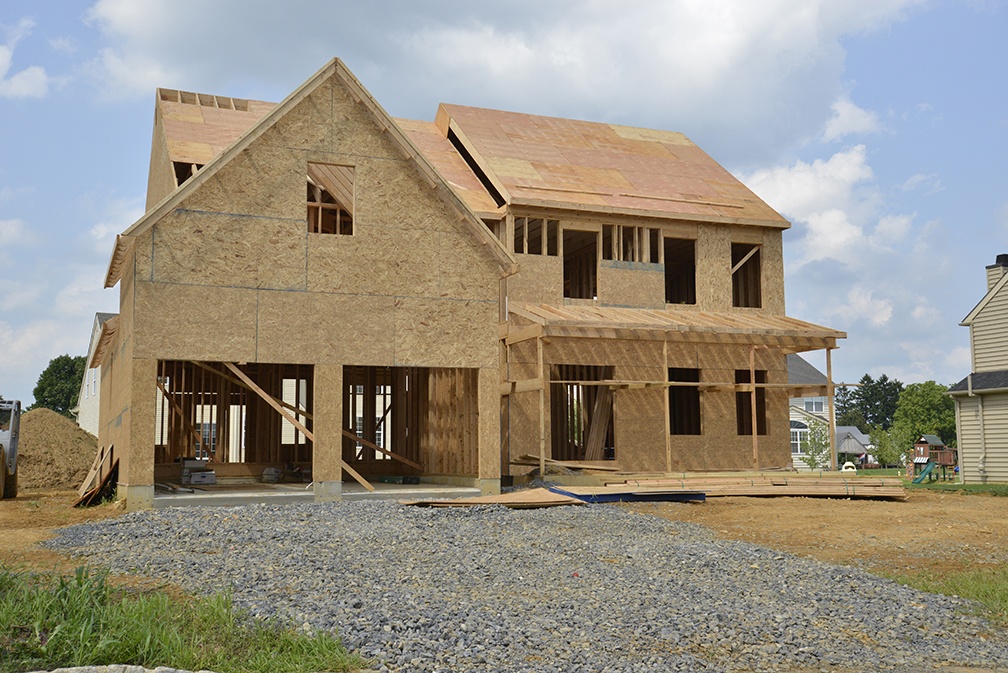 Everything has its benefits and drawbacks, and that includes mortgage loans. There are plenty of options available, and you need to find the best one to meet your needs. You have probably heard about conventional mortgages, FHA loans, and even VA loans. On the other hand, have you heard about assumable mortgages? What do you need to know about this option, and how do you know if it is right for you?
Everything has its benefits and drawbacks, and that includes mortgage loans. There are plenty of options available, and you need to find the best one to meet your needs. You have probably heard about conventional mortgages, FHA loans, and even VA loans. On the other hand, have you heard about assumable mortgages? What do you need to know about this option, and how do you know if it is right for you?
An Overview Of An Assumable Mortgage
So, what is an assumable mortgage loan? This means that the buyer is responsible for taking over the mortgage obligations of the seller. One of the biggest advantages of this is that the buyer can use the seller’s interest rate and terms. For example, if you have noticed that interest rates have gone up significantly between now and when the seller took out his or her mortgage, you might decide to take on the seller’s interest rate instead of getting your own interest rate.
How An Assumable Home Loan Works
Now, it is time to take a closer look at how this works. Even though you might want the interest rate that the seller has, you still need to compensate the seller for the equity that he or she has built up. For example, the loan may only have a balance of $200,000, but the seller has already put in $100,000 of equity. As a result, you will either have to take out a second mortgage to cover the $100,000, or you will have to pay the seller $100,000 in cash. Even though you might have to take out a second mortgage for the remainder of the balance, the rest of the mortgage will still have the original interest rate, which could be lower.
Are All Loans Assumable?
Not all loans are assumable; however, there are some examples of loans that are. For example, FHA loans, VA loans, and USDA loans are assumable. If you want to assume a USDA loan, you have to meet the qualifications to take out a USDA loan. VA loans are only available to veterans, but non-veterans are allowed to assume VA loans, which could help them save a significant amount of money.
 Are you thinking about moving in the near future? If you are approaching your golden years, you might be able to move into a community specifically designed for people 55 years of age and older. What are some of the top reasons to consider this type of community?
Are you thinking about moving in the near future? If you are approaching your golden years, you might be able to move into a community specifically designed for people 55 years of age and older. What are some of the top reasons to consider this type of community?  Buying a house can be expensive, and it can take a long time to save up money for a down payment; however, it might be time for you to stop renting and buy your own place. What are some of the top reasons why it might be time to put down some roots?
Buying a house can be expensive, and it can take a long time to save up money for a down payment; however, it might be time for you to stop renting and buy your own place. What are some of the top reasons why it might be time to put down some roots? There is a common misconception that someone who is self-employed will not have the tax records or income necessary to qualify for a mortgage; however, that is not necessarily the case. In reality, if you are self-employed, there are a lot of home loan options available to you. It is true that it might require some additional paperwork and planning, but as long as you have the necessary information, you should be able to qualify for a mortgage.
There is a common misconception that someone who is self-employed will not have the tax records or income necessary to qualify for a mortgage; however, that is not necessarily the case. In reality, if you are self-employed, there are a lot of home loan options available to you. It is true that it might require some additional paperwork and planning, but as long as you have the necessary information, you should be able to qualify for a mortgage.  Members of the military, their family members, and veterans have access to a unique mortgage option called a VA loan. This can be a strong option because it provides borrowers with an opportunity to purchase a house for less than 20 percent down. While not everyone is eligible for a VA loan, there are a lot of people who are wondering, are VA loans assumable? There are a few key points to keep in mind.
Members of the military, their family members, and veterans have access to a unique mortgage option called a VA loan. This can be a strong option because it provides borrowers with an opportunity to purchase a house for less than 20 percent down. While not everyone is eligible for a VA loan, there are a lot of people who are wondering, are VA loans assumable? There are a few key points to keep in mind. Are you in the market for a new house? If so, you might be thinking about building your own house. It can be exciting to go through the process of building a house, as you will be in control of just about everything. On the other hand, how much is it going to cost you to build a house? You need to make sure you have an estimate before you decide to move forward with your project.
Are you in the market for a new house? If so, you might be thinking about building your own house. It can be exciting to go through the process of building a house, as you will be in control of just about everything. On the other hand, how much is it going to cost you to build a house? You need to make sure you have an estimate before you decide to move forward with your project.  Are you interested in purchasing a rental property? Instead of buying a new one, you might want to convert your primary residence into a rental property, particularly if you plan on moving in the near future. At the same time, you might think it is better to sell the property and take the cash instead. Which option is best for you?
Are you interested in purchasing a rental property? Instead of buying a new one, you might want to convert your primary residence into a rental property, particularly if you plan on moving in the near future. At the same time, you might think it is better to sell the property and take the cash instead. Which option is best for you? There is a good chance you have heard someone described as being house poor. What exactly does it mean? It is important to understand what it means to be house poor and how you can stay away from it.
There is a good chance you have heard someone described as being house poor. What exactly does it mean? It is important to understand what it means to be house poor and how you can stay away from it. After you have found the right house to meet your needs, you need to make the down payment to complete the transaction. Can you show up at the closing table with a suitcase full of cash? Of course, that would be a bit suspect, so that is not actually how it happens. What do you need to do to actually hand over the funds to buy the house?
After you have found the right house to meet your needs, you need to make the down payment to complete the transaction. Can you show up at the closing table with a suitcase full of cash? Of course, that would be a bit suspect, so that is not actually how it happens. What do you need to do to actually hand over the funds to buy the house?